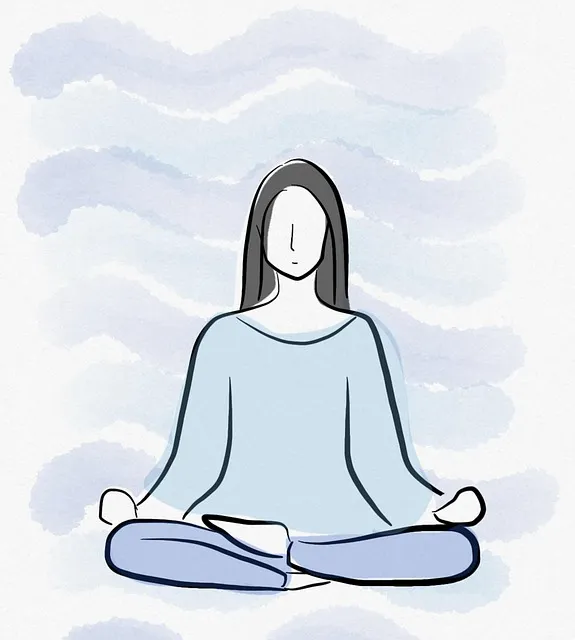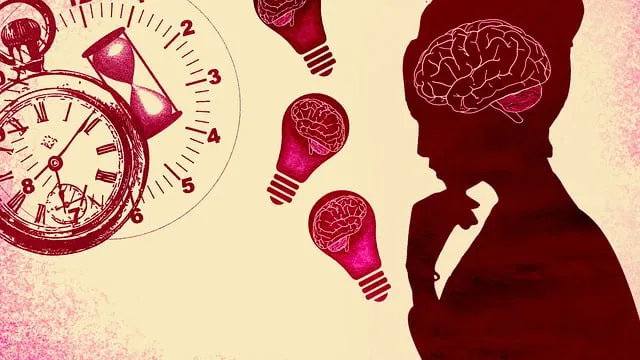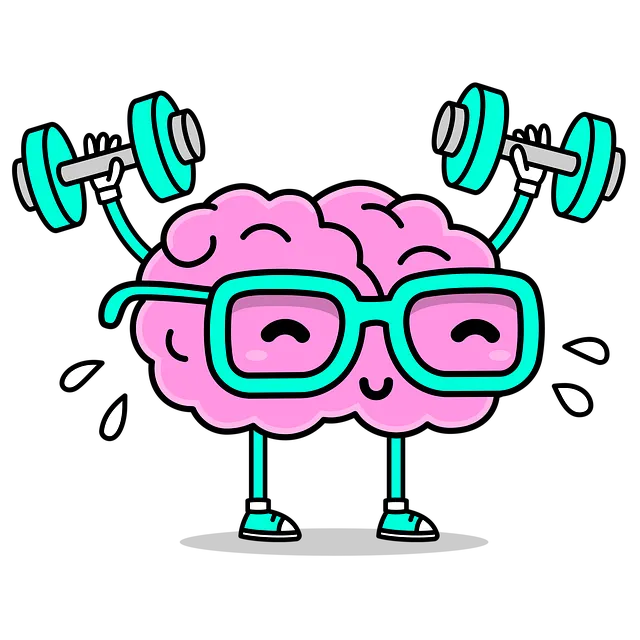The Denver Kaiser Permanente behavioral health center emphasizes mood regulation as a cornerstone of wellness, focusing on emotional intelligence and evidence-based practices like cognitive restructuring, mindfulness meditation, and confidence boosting. They integrate these techniques to reduce mental illness stigma, promote self-care, and support holistic emotional well-being through lifestyle adjustments including nutrition, exercise, and sleep.
At the Denver Kaiser Permanente behavioral health center, we explore effective mood regulation strategies to foster wellness. This article delves into three key areas: understanding the foundational role of mood regulation, mastering cognitive behavioral techniques for thought and mood transformation, adopting mindfulness and meditation practices for daily balance, and implementing lifestyle adjustments centered on nutrition, exercise, and sleep for enhanced emotional stability.
- Understanding Mood Regulation: A Foundation for Wellness
- Cognitive Behavioral Techniques: Shaping Thoughts, Changing Moods
- Mindfulness and Meditation Practices for Daily Balance
- Lifestyle Adjustments: Nutrition, Exercise, Sleep for Emotional Stability
Understanding Mood Regulation: A Foundation for Wellness

Understanding Mood regulation is a fundamental aspect of achieving and maintaining wellness, as emphasized by experts at the Denver Kaiser Permanente behavioral health center. It involves recognizing and managing one’s emotions effectively, enabling individuals to navigate life’s challenges with resilience and adaptability. By employing Mind Over Matter principles, which focus on cultivating emotional intelligence, people can gain control over their mood swings and overall mental well-being.
Emotional regulation is a crucial skill that allows us to respond to stress, anxiety, or sadness in healthy ways. It involves understanding our triggers, developing coping mechanisms, and cultivating positive thinking patterns. The Denver Kaiser Permanente behavioral health center promotes this through evidence-based practices tailored to individual needs, ensuring that emotional intelligence becomes an integral part of daily life, fostering better mental health outcomes.
Cognitive Behavioral Techniques: Shaping Thoughts, Changing Moods

Cognitive Behavioral Techniques, offered at Denver Kaiser Permanente behavioral health center, are a powerful tool for mood regulation. By shaping one’s thoughts and changing perceptions, individuals can directly influence their emotional states. This involves identifying negative or distorted thinking patterns—a process known as cognitive restructuring—and replacing them with more realistic, positive alternatives. Such techniques have been proven effective in treating various mental health conditions, including depression and anxiety.
Mindfulness Meditation plays a significant role in these strategies. It encourages individuals to focus on the present moment without judgment, fostering a sense of calm and improving emotional awareness. Additionally, Confidence Boosting exercises can help shift one’s mindset, challenging self-limiting beliefs and promoting a more positive self-image. Notably, Denver Kaiser Permanente behavioral health center also contributes to Mental Illness Stigma Reduction Efforts by integrating these cognitive techniques into their therapeutic practices, creating a supportive environment for holistic mood regulation.
Mindfulness and Meditation Practices for Daily Balance

At the Denver Kaiser Permanente behavioral health center, mindfulness and meditation practices are promoted as powerful tools for daily mood regulation. These ancient techniques have gained modern relevance, offering individuals a way to cultivate inner strength and emotional well-being promotion techniques. By incorporating moments of stillness and awareness into their routines, folks can learn to navigate stress, anxiety relief, and even challenging emotions with greater ease.
Meditation encourages individuals to focus on the present moment, observing thoughts and sensations without judgment. This practice fosters a deeper connection with oneself, allowing for better understanding and management of one’s emotional landscape. Whether it’s a brief morning meditation or mindful moments throughout the day, these practices can help create balance, enhance mental clarity, and promote overall peace of mind—essential components for maintaining optimal emotional health.
Lifestyle Adjustments: Nutrition, Exercise, Sleep for Emotional Stability

Maintaining emotional stability is a multifaceted endeavor, and lifestyle adjustments play a significant role in mood regulation. At the Denver Kaiser Permanente behavioral health center, experts emphasize the interconnectedness of nutrition, exercise, and sleep as pillars supporting mental wellness. A balanced diet rich in essential nutrients can positively impact brain chemistry, enhancing mood and overall emotional resilience. Regular physical activity not only boosts energy levels but also releases endorphins, natural chemicals in the brain that act as powerful mood elevators.
Adequate sleep is another critical component. Sleep deprivation can disrupt hormonal balance, making it harder to manage emotions effectively. Prioritizing consistent sleep routines, as advocated by Trauma Support Services and Mental Wellness Podcast Series Production, helps regulate mood throughout the day. Additionally, these lifestyle changes are integral to Mental Illness Stigma Reduction Efforts, as they promote self-care and empower individuals to take charge of their emotional well-being.
Mood regulation is a multifaceted journey towards holistic wellness. By combining cognitive behavioral techniques, mindfulness practices, and lifestyle adjustments, individuals can effectively manage their emotional states. The Denver Kaiser Permanente behavioral health center emphasizes these strategies as a comprehensive approach to mental well-being. Through shaping thoughts, cultivating balance in daily routines, and adopting healthy habits, folks can navigate life’s challenges with resilience and grace, ultimately revolutionizing their emotional landscape.






